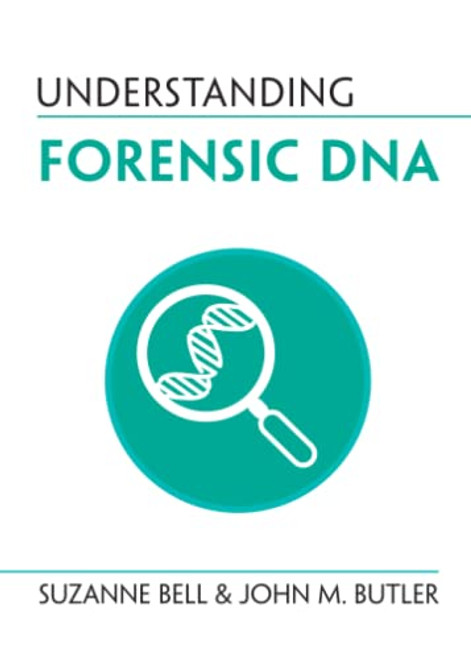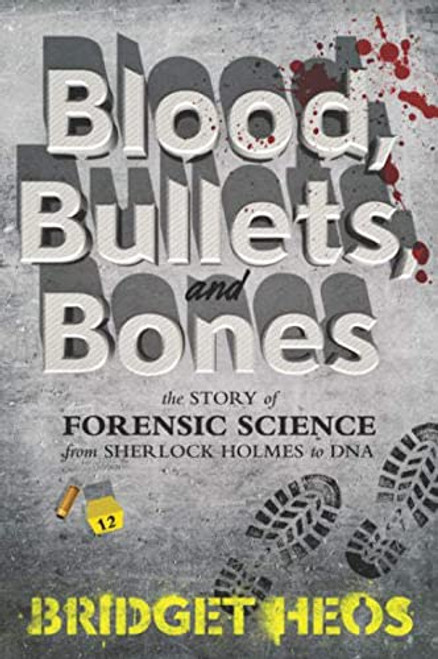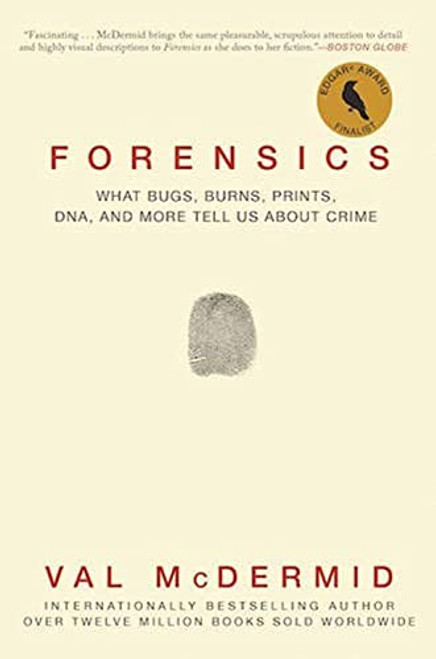Fundamentals of Forensic DNA Typing is written with a broad viewpoint. It examines the methods of current forensic DNA typing, focusing on short tandem repeats (STRs). It encompasses current forensic DNA analysis methods, as well as biology, technology and genetic interpretation.
This book reviews the methods of forensic DNA testing used in the first two decades since early 1980s, and it offers perspectives on future trends in this field, including new genetic markers and new technologies. Furthermore, it explains the process of DNA testing from collection of samples through DNA extraction, DNA quantitation, DNA amplification, and statistical interpretation. The book also discusses DNA databases, which play an important role in law enforcement investigations. In addition, there is a discussion about ethical concerns in retaining DNA profiles and the issues involved when people use a database to search for close relatives.
Students of forensic DNA analysis, forensic scientists, and members of the law enforcement and legal professions who want to know more about STR typing will find this book invaluable.
- Includes a glossary with over 400 terms for quick reference of unfamiliar terms as well as an acronym guide to decipher the DNA dialect
- Continues in the style of Forensic DNA Typing, 2e, with high-profile cases addressed in D.N.A.Boxes-- Data, Notes & Applications sections throughout
- Ancillaries include: instructor manual Web site, with tailored set of 1000+ PowerPoint slides (including figures), links to online training websites and a test bank with key










